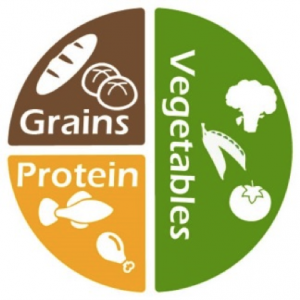

Loreen Wales, Nutritionist
Revive Wellness
Revive Wellness is located at 3728 91 St. Edmonton, AB, T6E 5M3 and you can contact them by phoning 780-450-2027 or go to their website at http://www.revivewellness.ca/
By Loreen Wales, nutritionist
There is a common misconception that consuming too much fat increases our risk for cardiovascular events. However, when we look at the Mediterranean diet, which has been shown to be the most successful diet for lowering heart disease, it is not low in fat.
The Mediterranean diet:
- Abundant in monounsaturated and polyunsaturated fats
- Rare in red meat consumption (1-2 times per month)
- High in fibre (25g) from vegetables and fruit
- Moderate in whole grains
- Moderate consumption of alcohol (two alcoholic beverages for males and one for females daily)
In contrast, the North American diet is much higher in saturated fats, red meat, and carbohydrate consumption. Our carbohydrate intake is excessive, and definitely needs an overhaul. On average, many of the clients that I see only eat 1-2 servings of vegetables and 1 serving of fruit per day. What are people fueling up on to get them through their day then? Highly processed, carbohydrate-rich foods such as bagels, breads, cereals, cookies, granola bars, etc.
I am not advocating for a low carbohydrate diet, but we definitely need to be aware of how much and what type of carbohydrates we’re eating. Reducing our intake of excessive carbohydrates will reduce our risk for heart disease, as well as diabetes and cancer.

For protein, it’s good to incorporate fish into your diet 2-3 times per week. Aiming for 2300mg of sodium each day and increasing your daily potassium intake will also help you manage your blood pressure.
Additionally, it’s also important to be physically active on a regular basis to help reduce your risk for heart disease. Physical activity not only allows us to build and maintain lean muscle mass, but it also plays a role in reducing our stress levels!
There is no magic pill to reducing our risk for cardiovascular events. The best we can do is to be proactive in living an active life, eating balanced, and keeping our stress levels in check!




